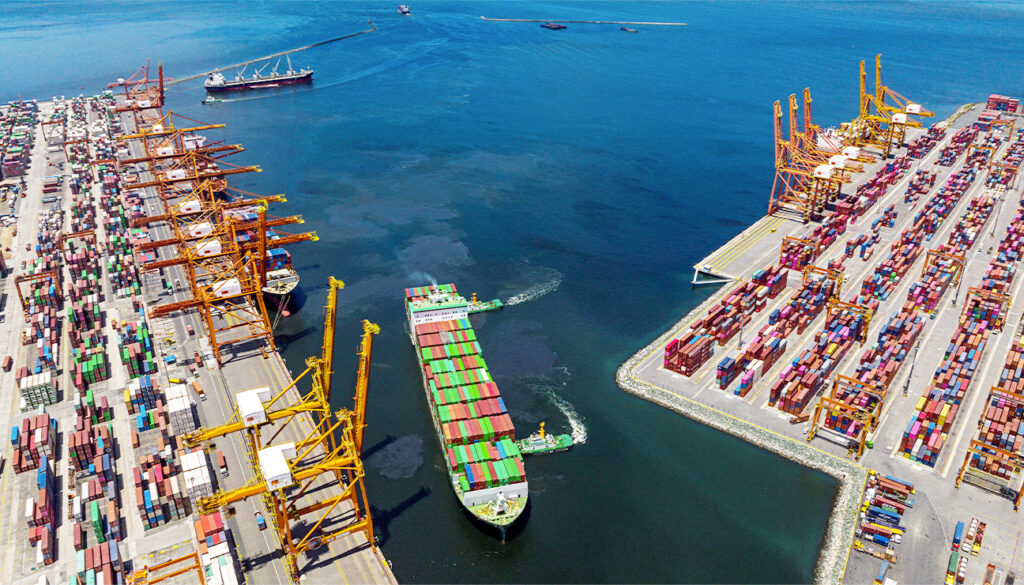International Container Terminal Services Inc. is taking a significant step toward a sustainable future by committing to achieve net zero greenhouse gas emissions for its Scope 1 and 2 emissions by 2050.
This pledge demonstrates ICTSI’s dedication to responsible business practices and environmental protection, alongside its role in facilitating global trade.
Christian R. Gonzalez, ICTSI executive vice president, compliance officer and chief sustainability officer, said: “Our commitment to decarbonization targets marks an important step on our journey to becoming a more sustainable company, and as part of this, we are actively implementing initiatives to maximize energy and resource efficiency, reduce carbon intensity and lower emissions.”
ICTSI has committed to reduce its GHG emissions directly from its operations (Scope 1) and purchased electricity (Scope 2) by 26 percent per container move by 2030, benchmarked against a 2021 baseline — a significant step toward net zero by 2050.
The company is actively evaluating emissions across its entire value chain (Scope 3) and will develop an inventory by 2025, followed by a target review. These targets will be regularly reviewed and updated in alignment with evolving climate science, ensuring that ICTSI stays at the forefront of adaptation and mitigation efforts.
ICTSI has already achieved carbon neutrality in four terminals in the Americas — Contecon Guayaquil in Ecuador, Contecon Manzanillo in Mexico, and Tecon Suape and Rio Brasil Terminal in Brazil — representing a significant quarter of the Group’s total volume handled.
This accomplishment, alongside the deployment of 48 hybrid RTGs across its network, including 40 at the company’s flagship Manila International Container Terminal; two each at Mindanao Container Terminal in Misamis Oriental and South Pacific International Container Terminal in Lae, Papua New Guinea; and four at Matadi Gateway Terminal in D.R. Congo, underlines ICTSI’s keenness to quickly take action to reduce its environmental impact.
“Making a positive environmental impact is fundamental to our business strategy, which means we will continuously review and update our goals to ensure their relevance and accelerate our efforts toward mitigating climate change,” Gonzalez said.
